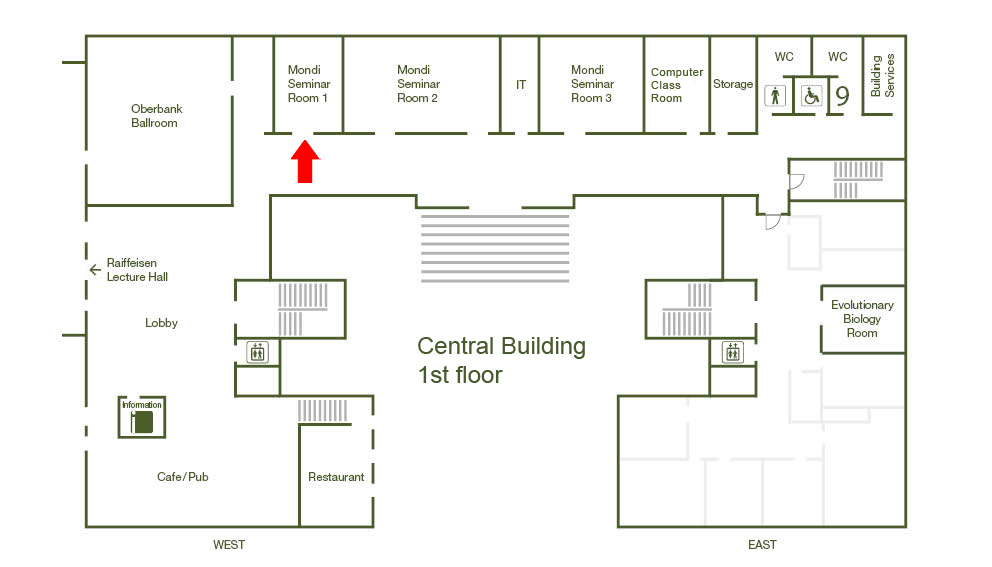From tissue damage to nuclear swelling: a novel mechanism of epithelial wound detection

Inflammatory signals have long been known to arise upon cell lysis and necrosis during tissue damage. Recently we have shown that epithelial damage detection is also mediated by direct surveillance of barrier integrity. In zebrafish larvae, osmotic cues from the environment cause cell swelling at the wound margin, which leads to rapid leukocyte recruitment through the activation of cytosolic phospholipase A2 (cPLA2). Arachidonic acid released by cPLA2 is oxidized to pro-inflammatory eicosanoids by 5-lipoxygenase (5-LOX) on the nuclear envelope. Osmotic cell swelling activates cPLA2 by translocating it from the nucleoplasm to the nuclear envelope. Elevated cytosolic Ca2+ is necessary but not sufficient for cPLA2 translocation, and we now show that nuclear swelling is required as a parallel input. F-actin limits nuclear swelling and cPLA2 translocation during cell swelling. cPLA2 translocation upon nuclear swelling was reconstituted in isolated nuclei, and appears to be a simple physical process mediated by tension in the nuclear envelope. Our data show that the cell nucleus serves an unexpected role as the primary mechanosensor for transduction of cell swelling and lysis into pro-inflammatory eicosanoid signaling. Cell swelling and lysis are widely implicated in inflammatory pathology. We propose that the nucleus plays a general mechanosensory role in inflammation, and this explains why cPLA2 and 5-LOX localize to nuclei in many tissues.